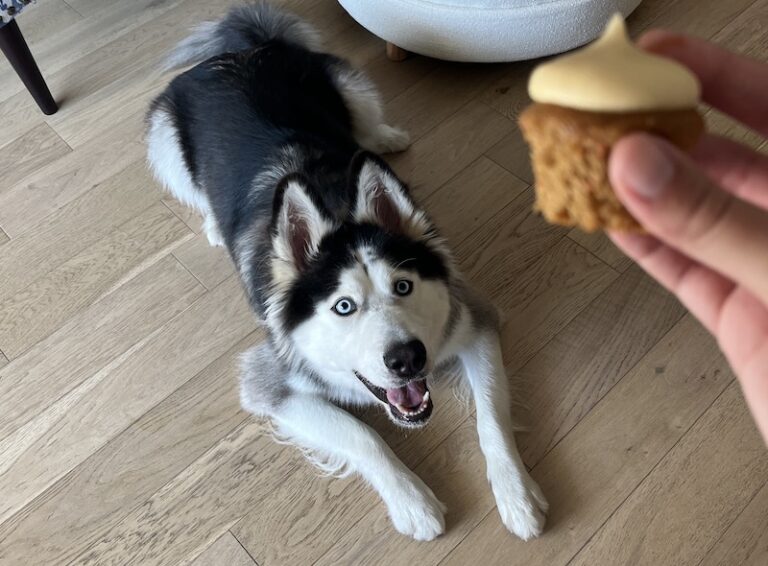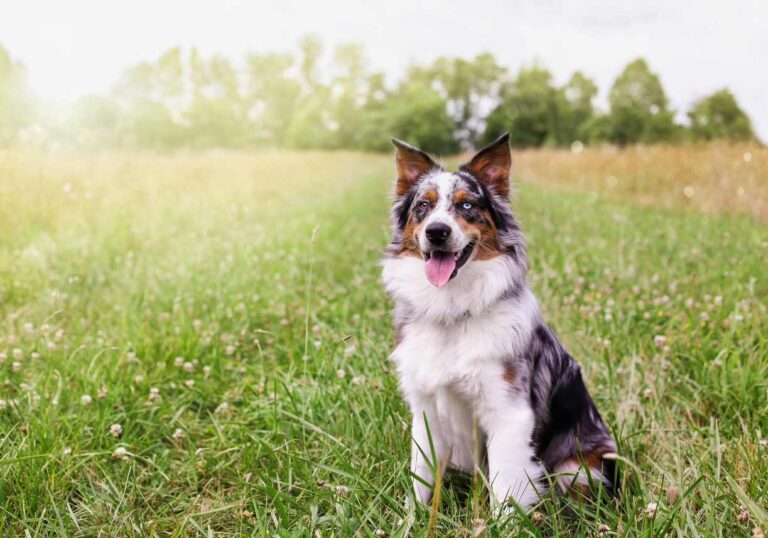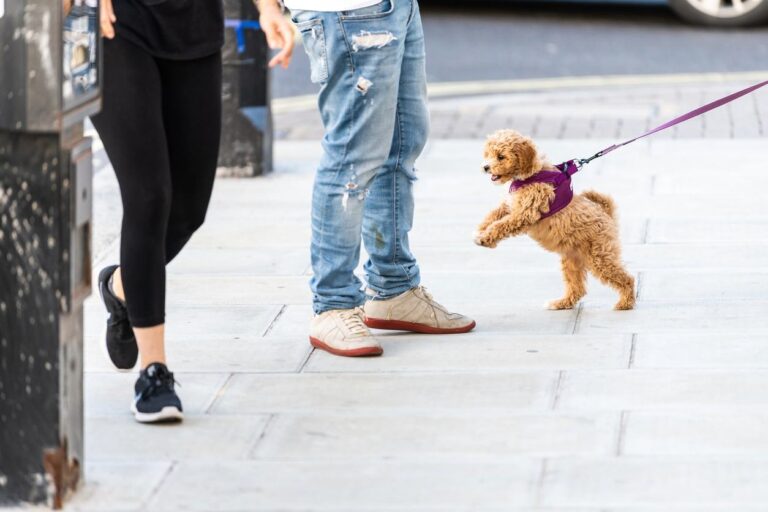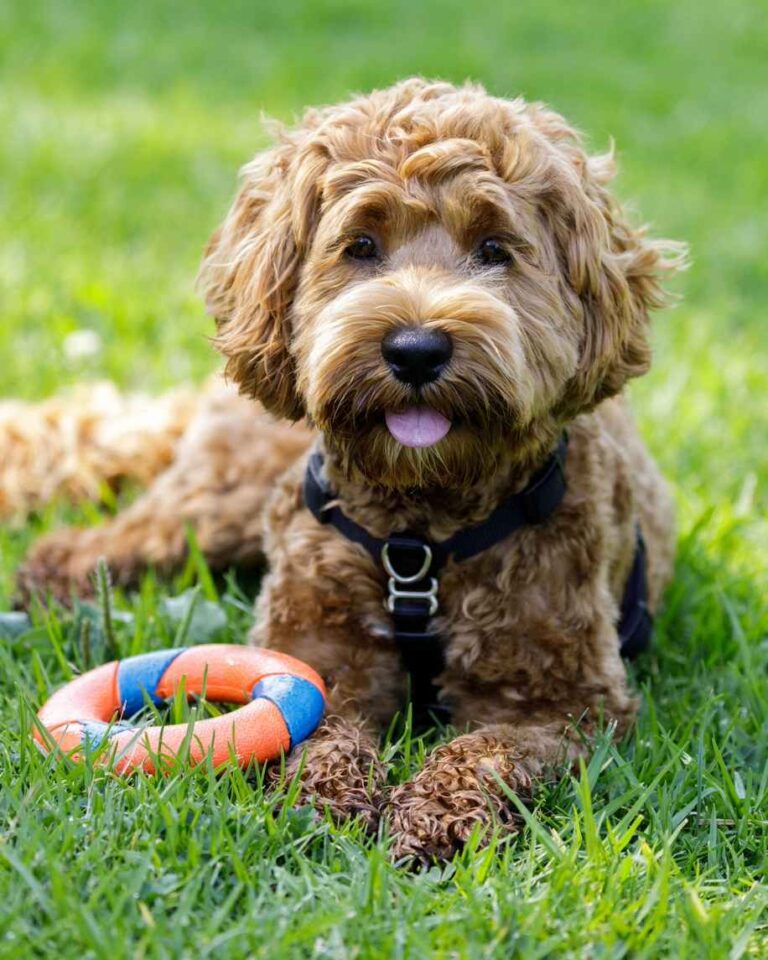To share or not to share? For many of us, Thanksgiving is a time of overindulgence, and it can be super tempting to want to share it all with our dogs. Well, lucky for us, although there is a running list of no-go’s for your dog, if you can look past the abundance of pies and casseroles, there are quite a few thanksgiving related foods your dog can indulge in.
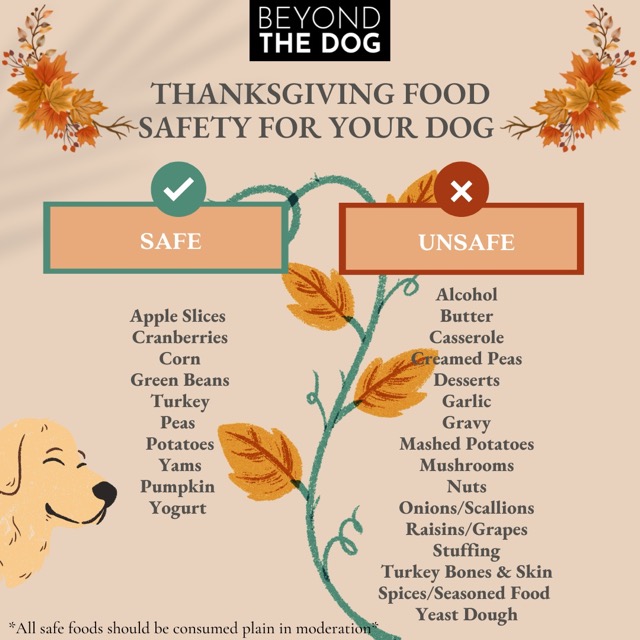
Foods to share (in moderation)
Apples are full of great vitamins and fiber that can benefit your dog. Just be sure to take out the core and all the seeds, as they can be toxic for your pup.
Cranberries, however, only give a couple! These berries can be packed with antioxidants and help plaque buildup and joint health, but large amounts risk the development of calcium oxalate stones in the bladder.
Corn helps promote a healthy gut, skin, and coat. It’s also packed with antioxidants; be sure to avoid the added butter or seasonings.
Green beans, as long as they are served completely plain, have a good amount of fiber, vitamins, and manganese which can benefit your dog’s joint health.
Turkey is a fan favorite and can be enjoyed as long as you take out the bones and skin. There should be no seasoning on the meat you give them. You want to be careful of herbs and fat such as butter as it can cause acute pancreatitis or GI upset, and do not provide your dog Turkey if it was smoked on the grill.
Peas are high in fiber and rich in protein, which is a great combination and why you probably see it as a common ingredient in many dog foods. Stick to the plain and skip the creamed peas, as the fat can cause GI upset.
Potatoes and Yams, including traditional and sweet, can be shared. Boiled or baked, they are perfect for your pup. Sweet potatoes are a common ingredient in dog treats due to their excellent fiber source and beta-carotene. They are loaded with vitamins, all good for skin and coat, eyesight and nerves, and muscle development. Avoid mashed potatoes or anything “loaded” in casserole form.
Pumpkin is excellent for skin, coat, and digestive health in dogs and is commonly used to mix in with plain dog food for upset stomachs. If you use canned pumpkin like what you use to make pies, be sure it is plain with no sugars or additives.
Yogurt is an ingredient in many human desserts that your dog can enjoy. Look for plain or greek yogurt as a sweet treat with no additives. If you are in the South like us, it may not be that cold yet, so you may consider freezing yogurt into a “pupsicle” as a sweet treat that will mentally stimulate and keep your dog busy while everyone else is eating.

Foods to avoid
We’ve compiled a list below of common Thanksgiving foods to avoid giving your dog.
- Alcohol
- Butter
- Casserole
- Creamed peas
- Fatty food
- Garlic
- Gravy (any kind, not just turkey)
- Mashed Potatoes
- Mushrooms
- Nuts
- Onions and scallions
- Raisins and grapes
- Stuffing
- Turkey bones, skin, and dripping/gravy
- Spices or seasoned food (nutmeg, sage, garlic powder, etc.)
- Sweets (chocolate, pies, or any dessert)
- Xylitol (artificial sweetener)
- Yeast dough
Management Strategies and Obedience
With this list, we hope you can now more confidently go into your Thanksgiving festivities! As an additional resource, we will walk you through our recommended management strategies to help you get through the day.
- If your dog engages in counter surfing or can reach food and you cannot keep an eye on them, place them in a separate room or a kennel.
- Keep the trash can closed or in a cabinet/pantry out of reach. Take trash to the can, and don’t leave bags on the ground.
- Remind any guests you have over not to feed your dog during their visit.
- If your dog is familiar with basic obedience commands, Thanksgiving is a great time to practice “wait,” “place,” and “leave it”. Check out our blog discussing safety management and obedience tips around the holidays to learn more.
If you are interested in getting in some obedience and manners practice before the big feast, reach out to your local behavior consultant or contact us!
